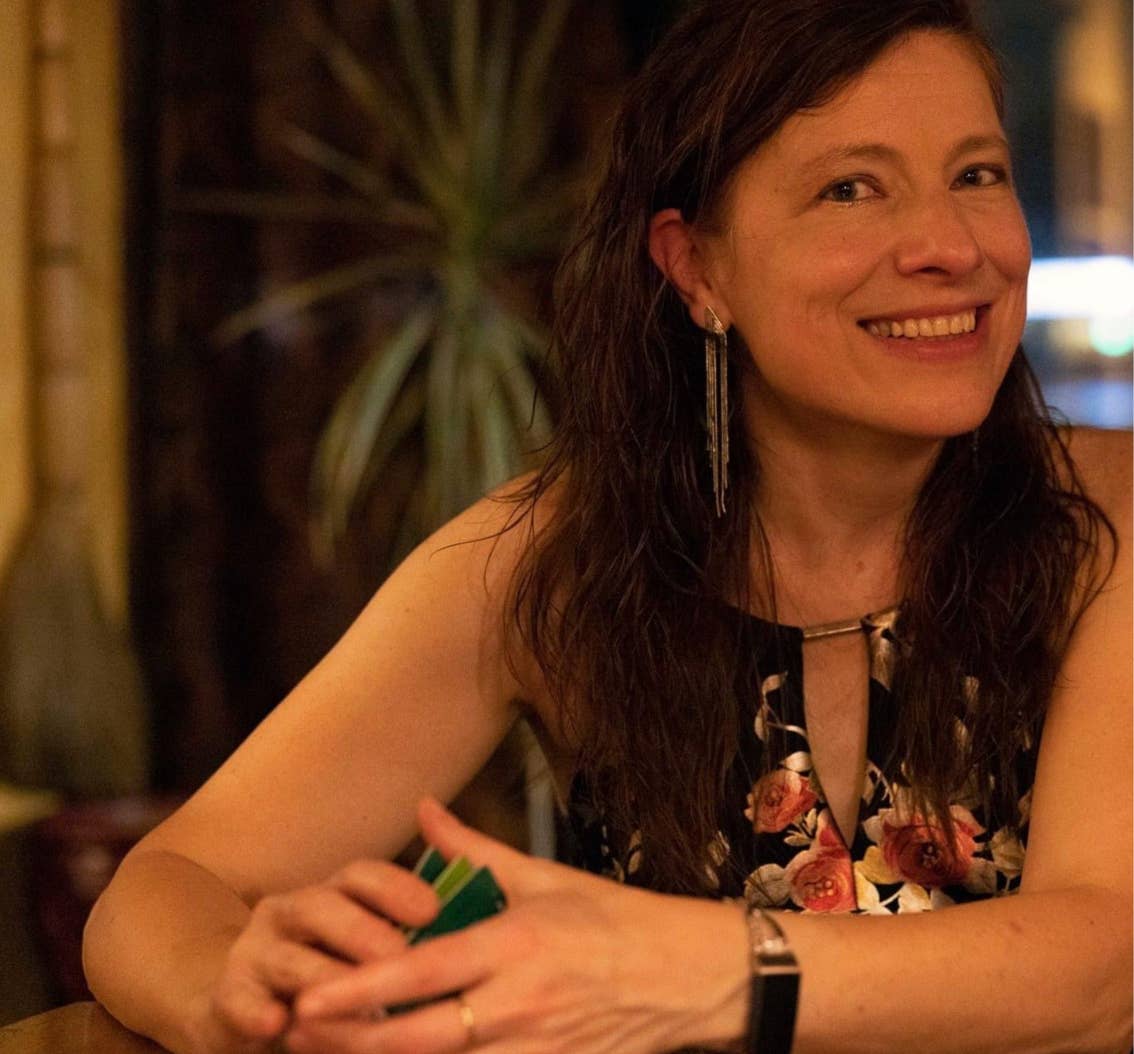
Zsofia Tardy
is a Portland-based jazz singer, music educator. She earned her BMus & MMus Degrees at the prestigious Franz Liszt Academy of Music in Budapest, Hungary.
Currently, Zsofia is the Professor of Jazz Voice at Lewis & Clark College, and she also maintains a thriving home studio in SW Portland. She was a substitute Professor at Western Oregon University (WOU) in 2015, and a guest Professor of voice on behalf of WOU in Nanning, China in 2017 & 2018
Her lifetime musical partner is her husband, guitarist Attila Csikos.
VOICE
Beginner
Acquiring healthy fundamentals is essential in preserving singing voice for decades. Thus, beginners will not sing songs until they show a stable level of vocal control in scales without the teacher's constant intervention.
Intermediate
Continuing voice lessons with a new teacher might bring up unexpected challenges if the previously acquired vocal technique is found unhealthy. Unlearning bad habits and building healthy ones is always more challenging than starting without any preliminary vocal studies. This requires a lot of patience both from the voice teacher and the student.
Advanced
The advanced level is a quasi professional level. Students will be prepared for auditions or they will be led into the university level vocal studies.
PIANO
Beginner
30 minutes once or twice a week
Strong fundamentals are inevitable to build upon. Stable knowledge of basics helps to step onto the next level. Step-by-step, customized lessons tailored to the student’s needs.
For young students between ages 6-9 the active involvement of the parents is inevitable in order to see any progress. Thus, if none of the parents plays the piano, then the one who is present at the lesson must pay attention closely in order to be able to assist the child when (s)he tries to practice at home.
At this level one of the popular method books are used, like Alfred, Bastien, Faber, Keith Snell.
Intermediate level
30 minutes twice a week or 45 minutes once a week is recommended
The intermediate level requires more commitment and helps students to step into the advanced level no matter whether the student wants or not to choose music as a career. The books used at this level depend on the commitment level of the student. Serious students abandon the method books and switch over to more meticulously selected book series.
Advance level
30 or 45 minutes twice a week is highly recommended
At this level no method books are used. The curriculum is tailored to the age, interest, individual needs of each and every student.